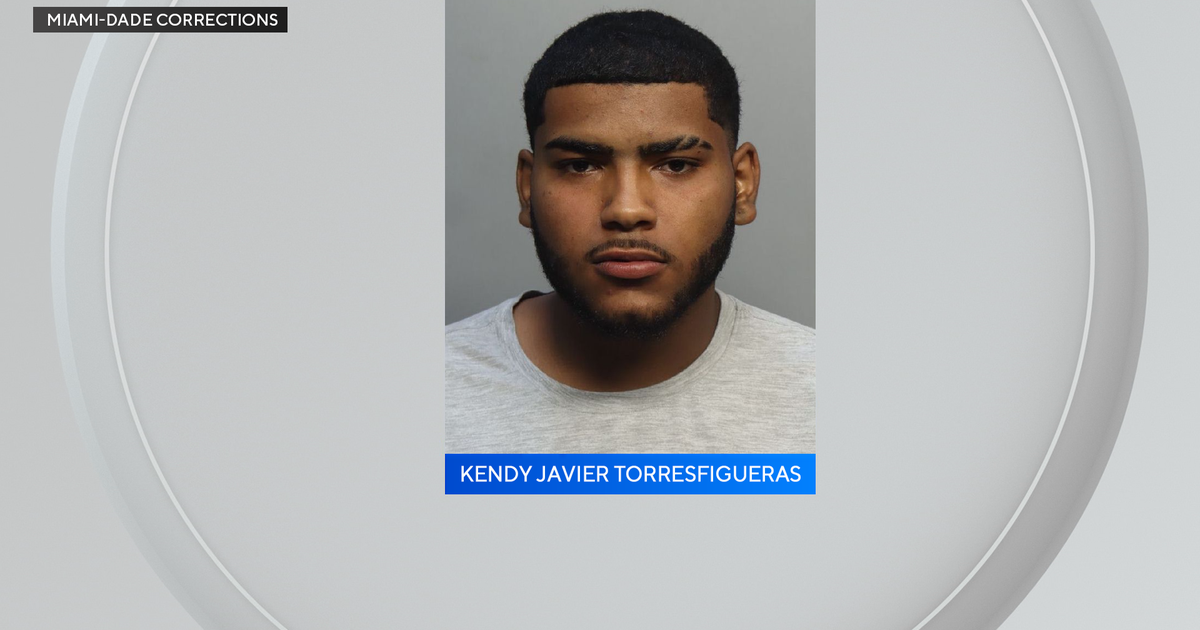Seafood Misrepresentation Ripping Off Consumers At The Market
MIAMI (CBS4) - The investigation into suspected seafood labeling fraud around South Florida is reportedly underway by the Oceana Foundation, an International Marine Conservation group.
It's believed the group may be just a few days away from confirming a major consumer problem for South Florida Seafood lovers: The next time you go shopping for your favorite fish, you might be paying too much for a meal and end up with something completely different than what's on the menu.
South Miami's Benjamin Enizondo knows when he goes shopping for fish or goes out for a seafood meal around town, it doesn't always taste right.
He worries he doesn't always get what he pays for.
"Sometimes you don't, it depends on where you go," said Enizondo.
So what's the problem?
It's called seafood misrepresentation: Distributors, restaurants or markets substituting cheaper fish for the more expensive ones. In effect, getting higher prices for cheaper fish and boosting their bottom line.
CBS4 News first exposed the problem back in 2007.
It's still a problem today, according to local researchers.
And that's why Chef Sam Kim, a Doral Restaurant operator, says he only buys fish from reputable wholesalers and tries to see the whole fish himself to avoid over-charging his customers with the wrong seafood.
He told CBS4 Chief Consumer Investigator Al Sunshine when that happens the consumer is basically getting shafted".
To see the latest problem here first hand, international researchers just finished collecting and analyzing dozens of fish samples selling at local markets and restaurants.
The results of the testing are expected to be released next week.
Dr. Mahmood Shivji is the research director of Nova Southeast University's Oceanographic Center.
He tested our samples 5 years ago.
He's also a research consultant on this latest study which reportedly confirms our original findings: That in many cases you could be paying high prices for cheaper fish and never even know about it.
He says it's still a problem here.
"Yes, disappointingly, seafood substitution in the S. Fla. market is still quite high even 5 years later after all the exposure this problem has received thanks to reports like yours," said Shivji.
Misrepresenting seafood and charging higher prices for cheaper fish is against both state and federal laws.
But unlike several years ago when there were numerous cases filed, state prosecutors now apparently do not consider this a priority. There have been no formal fraud charges for several years now.
So what's the best advice for local seafood lovers?
If at all possible, buy a whole fish and talk over your concerns with your seafood market or restaurant operator.
If the fish doesn't taste right and you don't like what you're being told, buy your seafood someplace else.



